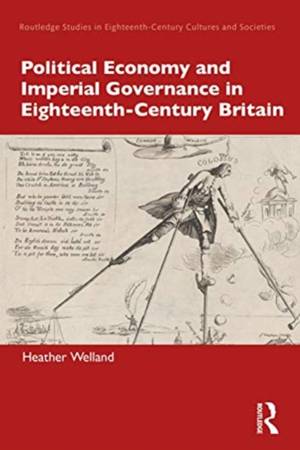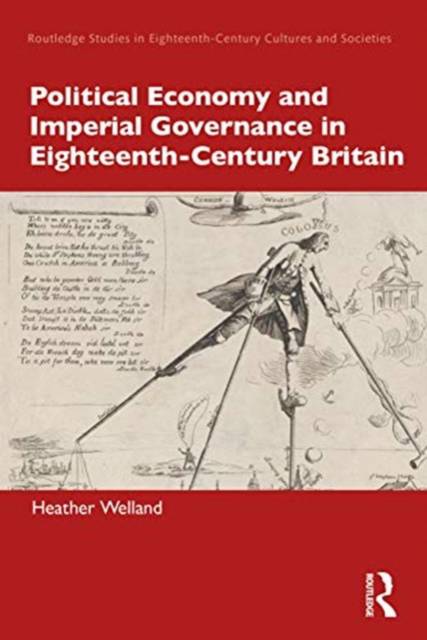
- Retrait gratuit dans votre magasin Club
- 7.000.000 titres dans notre catalogue
- Payer en toute sécurité
- Toujours un magasin près de chez vous
- Retrait gratuit dans votre magasin Club
- 7.000.000 titres dans notre catalogue
- Payer en toute sécurité
- Toujours un magasin près de chez vous
Political Economy and Imperial Governance in Eighteenth-Century Britain
Heather WellandDescription
This book examines the relationship between imperial governance and political economy in eighteenth-century Britain, particularly in Canada and Ireland. It is concerned with the way economic ideology and party politics were mutually constitutive; and with the way extra-parliamentary interests both facilitated, and were co-opted into, strategies of governance and commercial regulation. Rather than treat political economy as a pre-existing intellectual orthodoxy that shaped imperial policymaking, it focuses on the ways in which economic thought was generated in moments of imperial crisis - especially those where politicians, commercial interest groups, and pamphleteer economists were forced to wrestle with the tensions between economic growth, political authority, and social stability. By rooting economic discourse and debate in specific problems of imperial commerce and administration, and by highlighting the many different actors and negotiations that produced economic policy, it argues that the transition from mercantilism to liberalism - the shift from protectionism to free trade - is a flawed description of eighteenth-century developments in economic thought.
Spécifications
Parties prenantes
- Auteur(s) :
- Editeur:
Contenu
- Nombre de pages :
- 194
- Langue:
- Anglais
- Collection :
Caractéristiques
- EAN:
- 9780367901424
- Date de parution :
- 16-06-21
- Format:
- Livre relié
- Format numérique:
- Genaaid
- Dimensions :
- 152 mm x 229 mm
- Poids :
- 444 g







